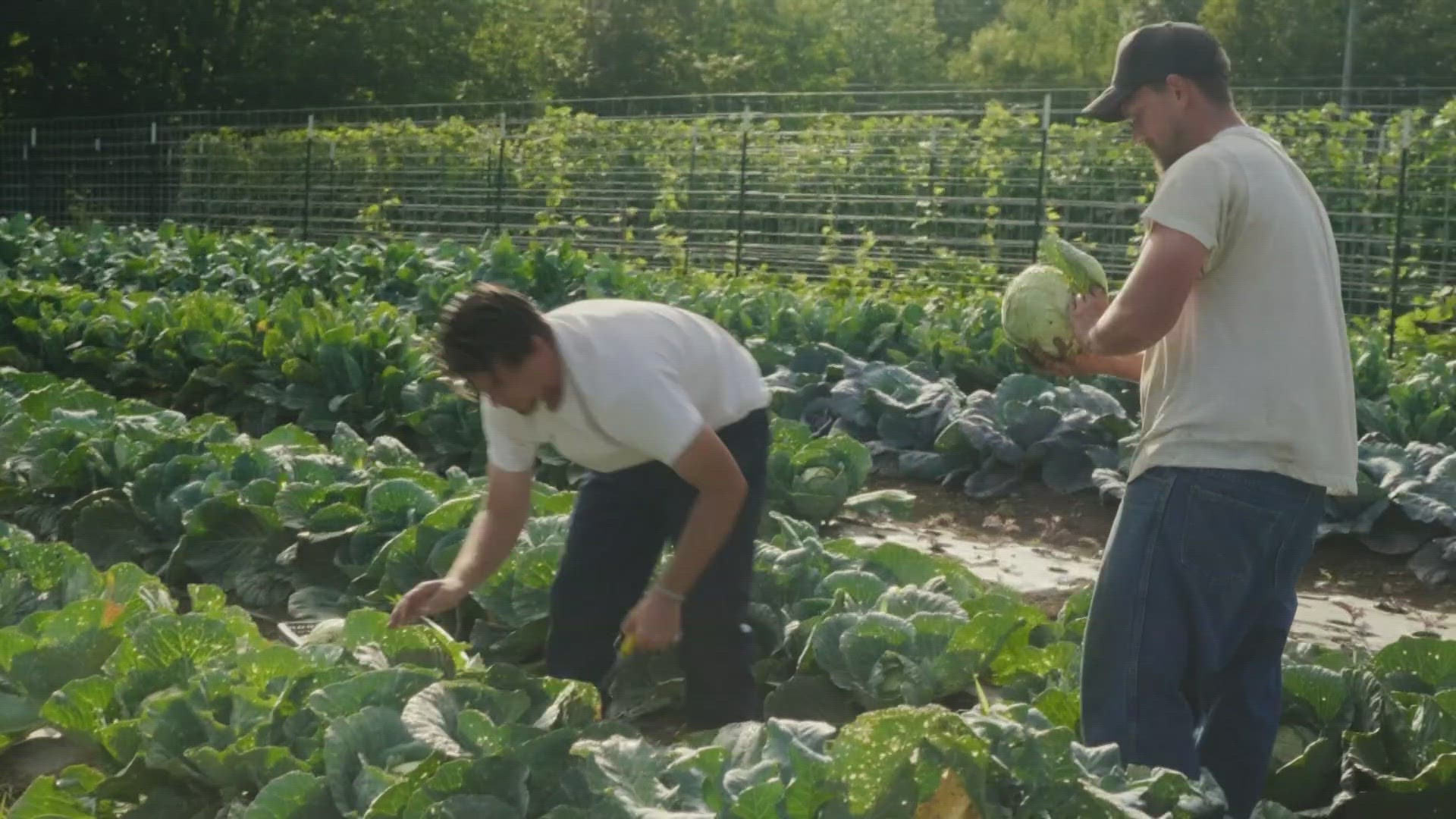PORTLAND, Maine — While scrolling through his newsfeed a couple of years ago, Max Armstrong came across a story about a farmer who had taken over the job of food supervisor at the Mountain View Correctional Facility in Charleston and then overseen the creation of its huge organic garden.
Armstrong is a documentary filmmaker always on the lookout for possible stories to tell, and thoughts of the prison garden kept rattling around in his head. A week later, he called the farmer, Mark McBrine, to discuss the possibility of making a documentary about what he’d done.
“Within an hour of speaking with him, I was talking to the commissioner of the Department of Corrections in Maine,” Armstrong recalls, “And he wanted to give us full access to tell the story.”
For 24 days over the next two years, Armstrong filmed and did interviews at Mountain View. Then he spent hundreds of hours editing the footage he’d shot.
“Because we’re working on a shoestring budget, I couldn’t afford to hire an editor,” he says. “I had to do that myself,” Armstrong said.
The result is a short but powerful documentary called “Seeds of Change – Breaking Free from the Prison Food Machine.” It tells the story of how the garden, planted and maintained by men serving time, has changed lives.
For starters, the food in the chow hall has improved dramatically. Boxes of processed food — some marked “for prison use only” — have been replaced by tens of thousands of pounds of fresh, organic produce.
In addition, inmates who work in the garden get the opportunity to do meaningful labor, move about with a degree of freedom, and learn skills in the kitchen (the prison, for instance, now bakes all of its own bread) that some men have used to land jobs in restaurants after leaving Mountain View.
And one more benefit: Surplus produce that Mountain View can’t consume goes to nearby food pantries.
Part of the lesson of the film is that what’s happened in Charleston can be replicated, not just in Maine, but across the country.
“Prisons, hospitals, schools,” Armstrong suggests. “This is incredible because this is a story focused on incarcerated people. But these are changes we can make in all our institutions. And these incarcerated gardeners are leading the way.”
Getting “Seeds of Change” made was a slog. It would never have been completed if Armstrong’s passion for the project had flagged.
"Getting access to tell the story in the prison — that was the easy part,” he says. “The hard part continues to be funding the project. That’s been the hardest thing throughout the whole process. I seed-funded the first year of production with my own savings before any outside funding came in. And we’re still continuing to fund now through our website.”
Independent filmmaking doesn’t pay Armstrong’s bills, so he’s had to find other work to make a living. That’s an interesting story in its own right. Watch our video to find out about that part of Armstrong’s life.

